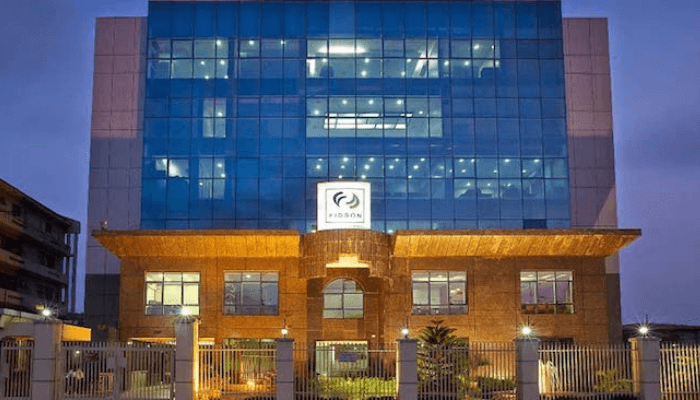Nigeria’s pharmaceutical stocks are leading the Nigerian Exchange (NGX) this year, with Fidson Healthcare, Neimeth International, Mecure Industries, and May & Baker Nigeria delivering some of the market’s biggest year-to-date (YTD) gains on the back of strong earnings and local production growth.
As of October 13, Fidson has surged 181 percent, rising from N15.50 to N43.50. Neimeth has gained 162 percent from N2.29 to N6.01, while Mecure Industries is up 104 percent to N28.40. May & BakerNigeria has advanced 84 percent, from N9.40 to N17.30.
While the NGX All-Share Index has risen roughly 43 percent this year, several pharmaceutical stocks have outpaced the broader market by a wide margin. The divergence reflects how investors are rewarding firms showing real industrial expansion in an erratic macroeconomic environment.
Earnings and expansion driving sentiment
The rally has coincided with stronger corporate earnings across the sector. Fidson reported a 68 percent rise in revenue to N62.6 billion as at June 2025, from N37.2 billion in the same period of 2024. Profit after tax jumped nearly 300 percent to N6.02 billion, while earnings per share increased to N2.63 from N0.66. Neimeth also reported strong turnover growth, with revenue climbing to N2.91 billion in H1 2025 from N1.66 billion a year earlier.
May & Baker recorded N19.3 billion in revenue in the first half of 2025, up from N14 billion in 2024, while net profit rose to N2.19 billion. Mecure Industries, a new entrant on the NGX – 7 November 2023 – has also benefited from strong turnover growth and expanding operations in pharmaceuticals and diagnostics, posting N37.3 billion and a PAT of N2.7 billion in the first half of 2025.
Read also: Why Fidson’s profit surged to the highest on record
Policy tailwinds support sector growth
Government measures aimed at reducing dependence on imported drugs have strengthened the industry’s prospects. Import duty waivers on raw materials and tighter regulation of imported finished medicines have encouraged local producers to scale output.
These developments have improved investor confidence, positioning pharmaceutical equities as a defensive but growth-oriented play in a volatile market environment.
Despite the upbeat performance, analysts and portfolio managers caution that the rally could moderate if cost pressures intensify or if valuations run ahead of fundamentals. The sector still depends on imported raw materials and energy, making it vulnerable to foreign exchange fluctuations and inflation.
Even so, the sector’s earnings trajectory and policy support suggest that the pharmaceutical industry could remain one of the few bright spots in Nigeria’s manufacturing landscape through 2025.

